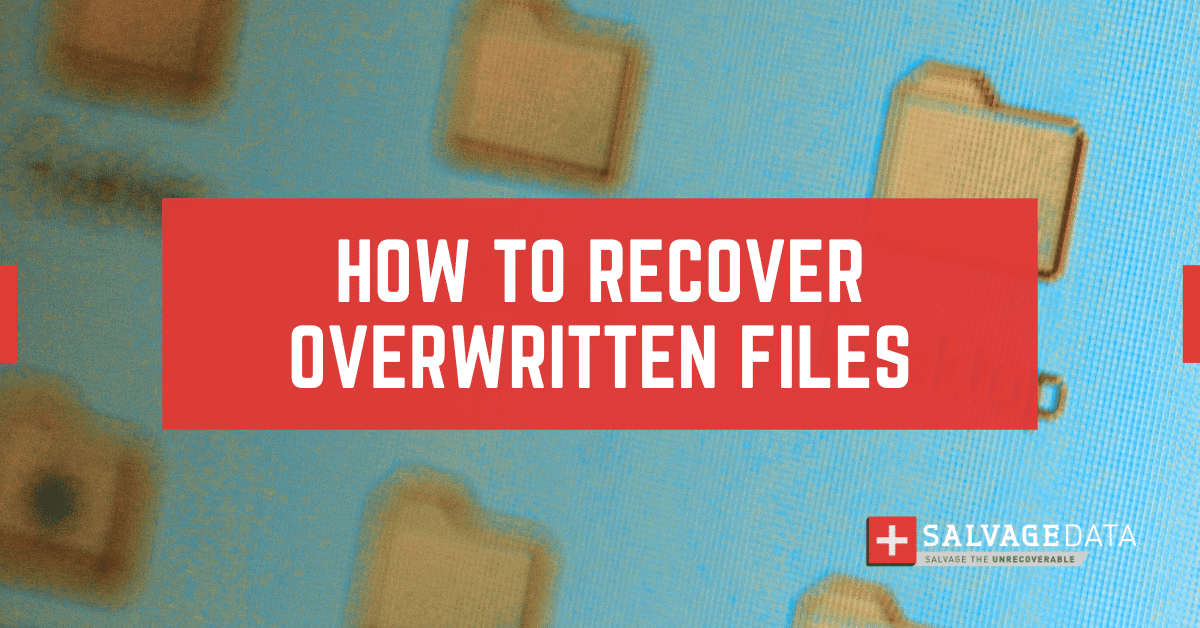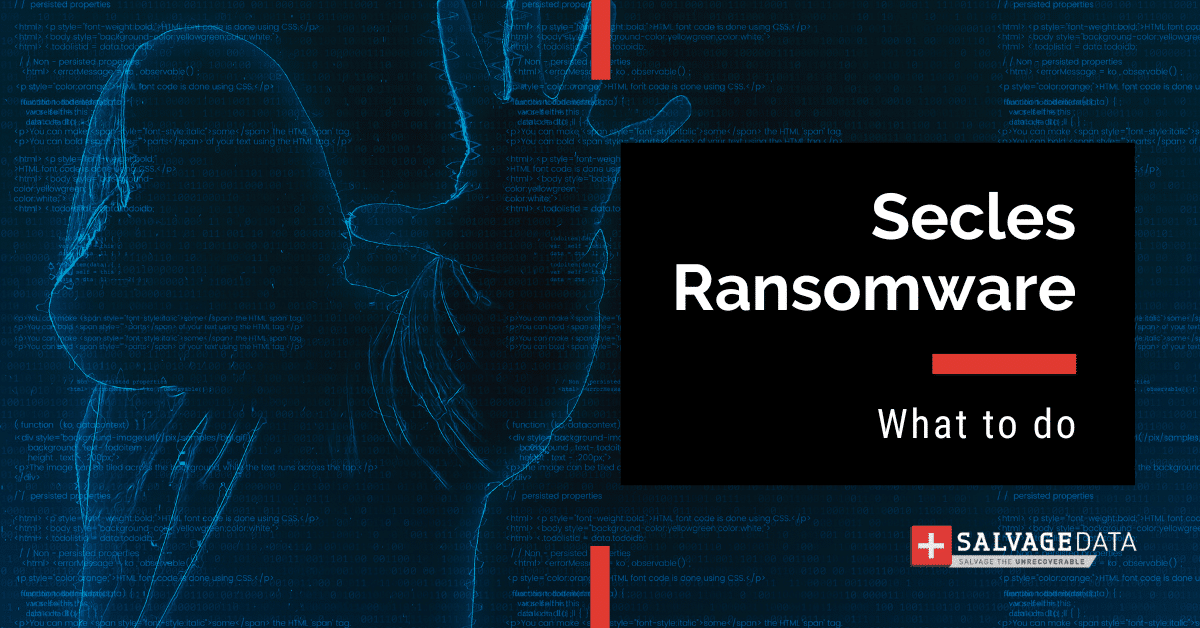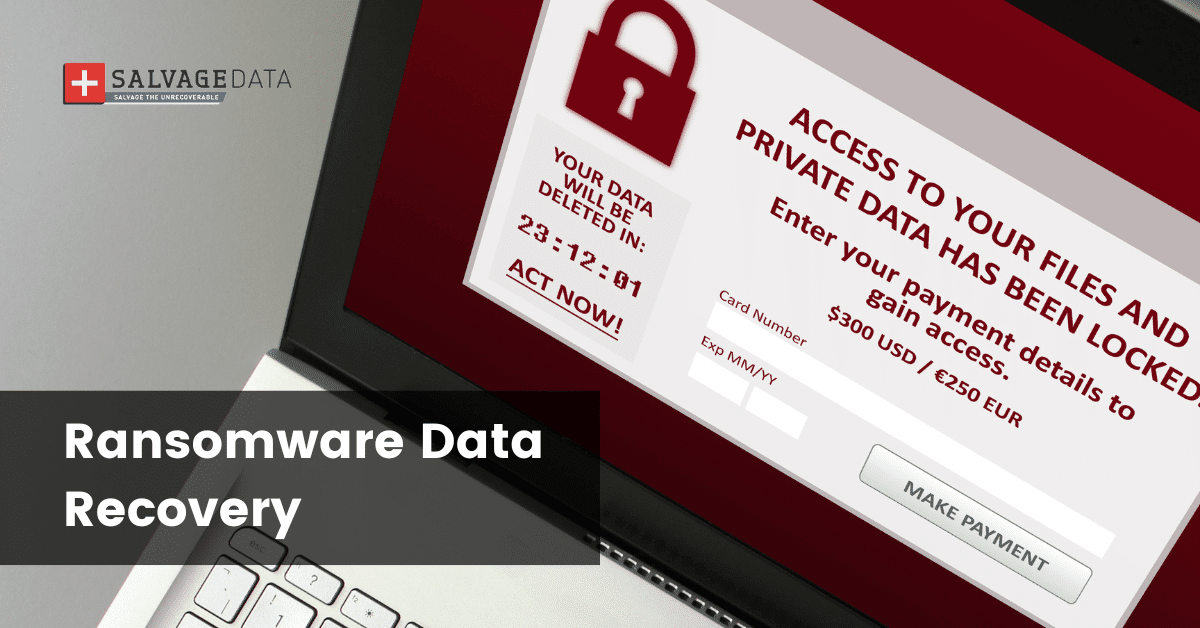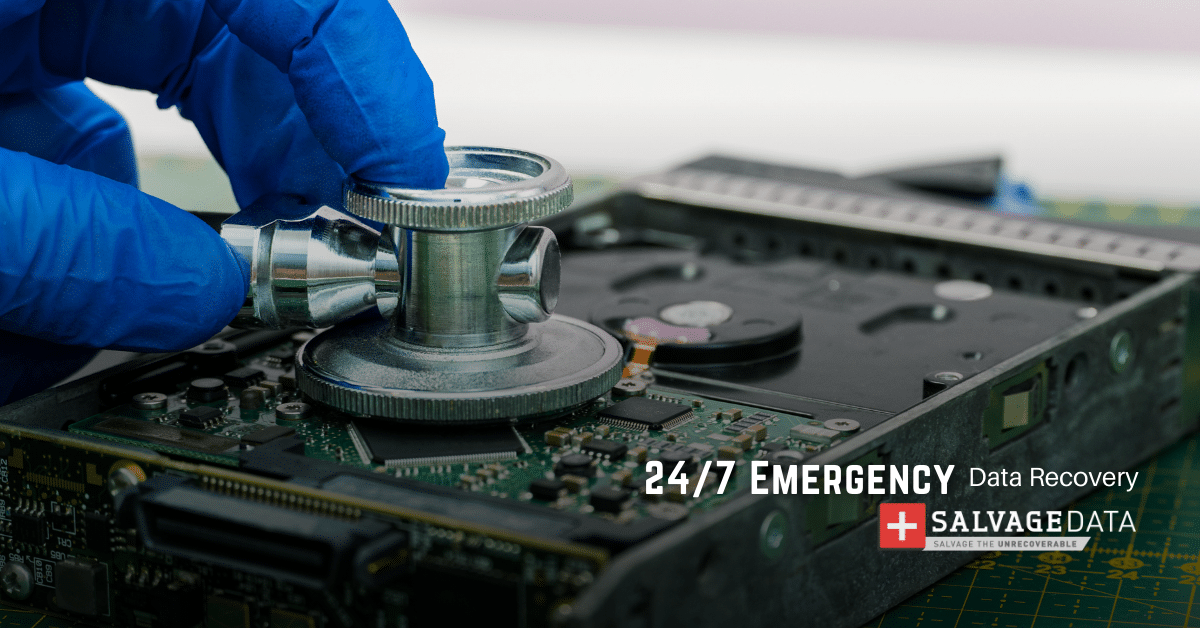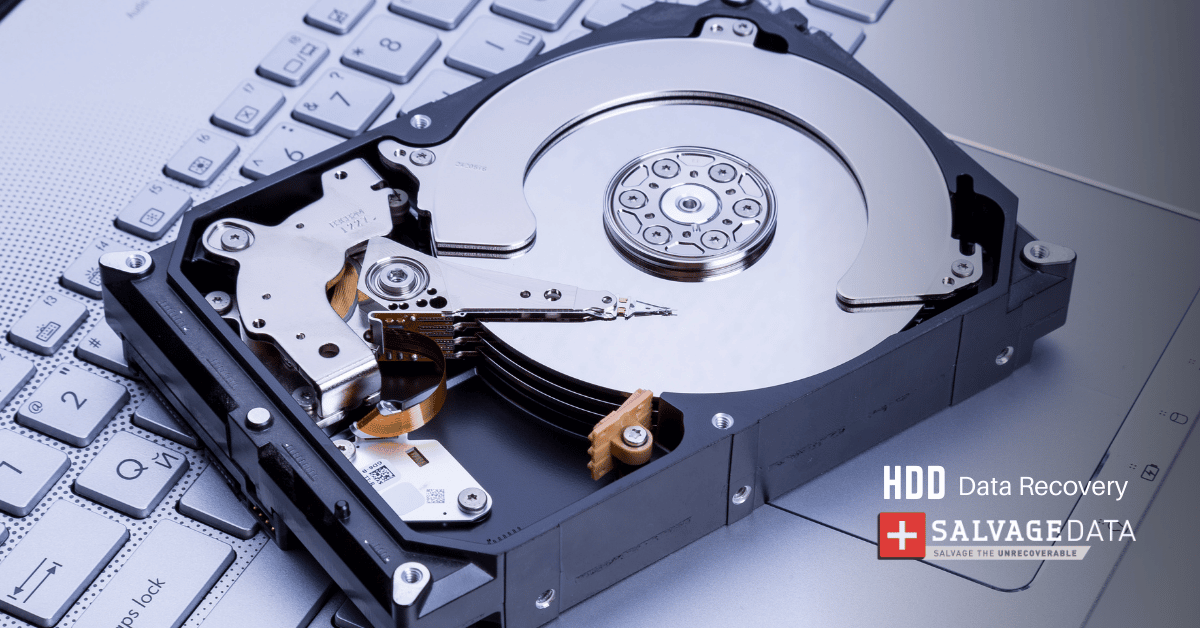Recent Articles
How To Recover Overwritten Files
The Snowflake Data Breach: A Comprehensive Overview
Mac Not Recognizing External Hard Drive: Quick Fix Solutions
How Multi-Cloud Backup Solutions Can Prevent Data Disasters
Capibara Ransomware: What is it & How to Remove
What Should a Company Do After a Data Breach: The Ticketmaster Incident
Secles Ransomware: Removal Guide
What To Do When Your Chromebook Freezes
How to Create Hyper-V Backup
What Is The Best Data Recovery Software For PC

I think there's an issue with my storage device, but I'm not sure Start a free evaluation →
I need help getting my data back right now Call now (800) 972-3282
Chimera is a type of ransomware that was first discovered in 2019. Chimera Ransomware is unique in that it uses both encryption and steganography to hide its malicious payload. Chimera Ransomware is believed to be the work of a Russian cybercrime group known as Taiger.
Chimera Ransomware uses a strong encryption algorithm to encrypt victims’ files. Once the files are encrypted, the Chimera Ransomware will append the “.locked” extension to the encrypted files. For example, a file named “sample.jpg” would be renamed to “sample.jpg.locked”. The Chimera Ransomware will then display a ransom note that instructs victims on how to pay the ransom and decrypt their files.
What encryption algorithm does Chimera Ransomware use?
Chimera Ransomware uses the AES-256 encryption algorithm to encrypt victims’ files.
What types of files Chimera Ransomware can encrypt?
Chimera Ransomware will encrypt almost all types of files on a victim’s computer. The only file type that Chimera Ransomware will not encrypt is “.exe” files. This is likely because Chimera Ransomware needs “.exe” files to remain functional.
What is the payment method?
The Chimera Ransomware asks victims to pay the ransom using Bitcoin. Bitcoin is a decentralized digital currency that can be used to make online purchases or transfers. Criminals often use bitcoin because it is difficult to trace.
How much is the ransom?
The Chimera Ransomware demands a ransom of 1.5 Bitcoins, which is currently worth approximately $9,600 USD.
Protection
There are several things you can do to protect yourself from Chimera Ransomware and other types of ransomware. First, you should always have a backup of your important files. This way, if ransomware encrypts your files, you will still have a copy that you can restore. Second, you should never open email attachments from unknown senders. Email attachments are often used to spread ransomware. Finally, you should install and maintain reliable anti-virus software. Anti-virus software can detect and remove many types of malware, including ransomware.
What should you do if it infected you with Chimera Ransomware?
If it has infected you with Chimera Ransomware, it is important to act quickly. The sooner you can remove the Chimera Ransomware from your system, the better chance you have of recovering your files. Once the Chimera Ransomware has encrypted your files, it is impossible to decrypt them without the encryption key. This is why it is so important to remove the Chimera Ransomware from your system as soon as possible.
To remove Chimera Ransomware from your system, you can use a powerful anti-malware program such as SpyHunter. Once you have removed the Chimera Ransomware from your system, you can then use a data recovery program to try to recover your files.
Is there a public decryption tool for Chimera Ransomware?
At this time, there is no public decryption tool for Chimera Ransomware. This means that if it has infected you with Chimera, your only hope of recovering your files is to either pay the ransom or use a data recovery program.
It is important to note that Chimera Ransomware is very sophisticated ransomware and that paying the ransom does not guarantee that your files will be decrypted. In fact, there have been reports of victims who have paid the ransom and still not received their decrypted files. We always recommend that victims do not pay the ransom and instead seek out a professional data recovery company to help them recover their files.
Contact a data recovery service
If Chimera Ransomware has encrypted your important files, you should contact a professional data recovery service as soon as possible. Data recovery services specialize in helping victims of ransomware recover their files. They have the tools and experience necessary to get your files back.
There are many reputable data recovery services out there, but we recommend that you do your research before selecting one. You should read online reviews and compare prices to ensure that you are getting the best possible service. Once you have selected a data recovery service, you should contact them and discuss your options.
We recommend using the following data recovery service:
SalvageData is a professional data recovery company that has helped thousands of victims of ransomware recover their files. They offer a free consultation to help you determine the best course of action for your situation.
Call 24/7: +1 (800) 972-3282 to get help now!
Summary
Chimera Ransomware is sophisticated ransomware that can encrypt almost all types of files on your computer. The only way to decrypt your files is to either pay the ransom or use a data recovery program. We recommend that you do not pay the ransom and instead seek out a professional data recovery service to help you recover your files.

